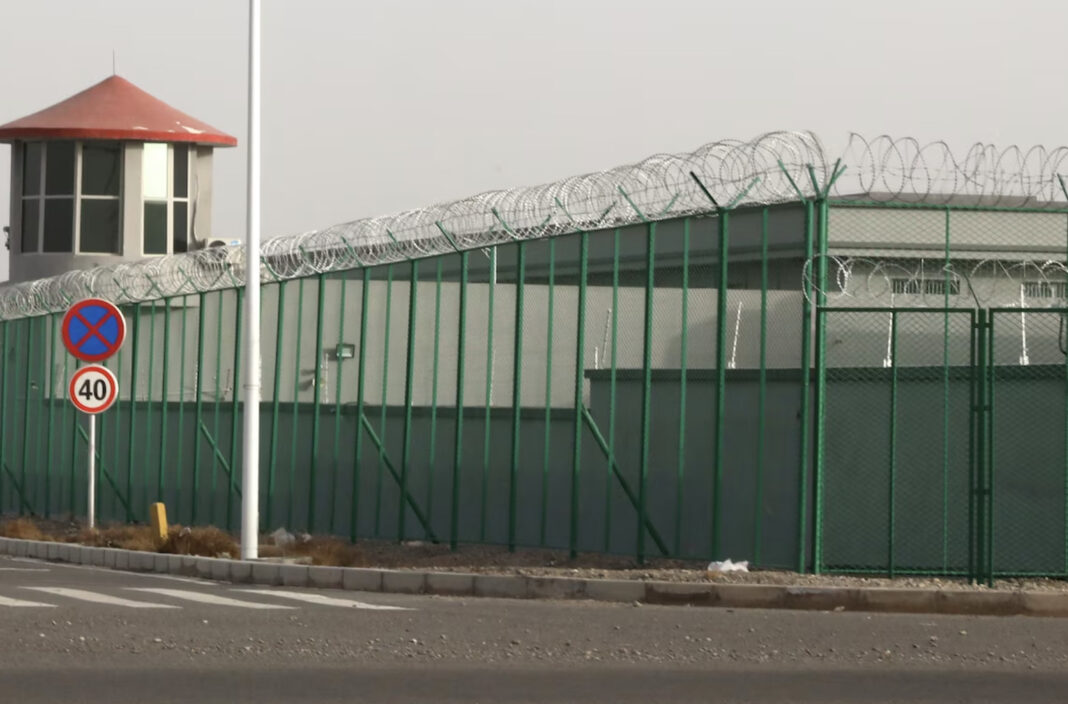After nearly a decade, the genocidal crackdown waged by the Chinese Communist Party (CCP) against the Uyghurs — a distinct, mostly Muslim ethnic minority of about 11 million people primarily living in China’s Xinjiang region — appears to be lessening in severity. “Now the final stage has begun: an official forgetting,” Post reporters Eva Dou and Cate Cadell wrote last fall, after a nine-day reporting trip through Xinjiang. “As with the Cultural Revolution of the 1960s, Tiananmen in 1989 and other violent campaigns since, the party is moving to erase traces of its actions in Xinjiang from history.”
At the height of the genocide, 1 million to 2 million Uyghurs were held in concentration camps. Former detainees reported “reeducation” that included mental and physical torture, with Uyghur women subjected to forced abortions and sterilization. In a form of cultural eradication, Uyghur women were also reportedly forced into “marriage” to men of the Han ethnic group, China’s largest. Last summer, the United Nations issued a report strongly suggesting that China had engaged in crimes against humanity.
The reeducation sites seem to be emptying, according to Dou and Cadell, but they “stand as ominous warnings to residents to stay in line” and in any case, the “intense surveillance and intimidation of local residents” continues.
A brutalized people appears beaten into submission, but the Uyghurs’ suffering goes on, and we have no way of knowing when it will truly abate — if ever. But we are certain it happened.Mike Pompeo, as the outgoing secretary of state in 2021, formally declared that China had committed genocide against the Uyghurs; current Secretary of State Antony Blinken has reaffirmed that assessment.
Yet it seems that many Americans are only vaguely aware of the Uyghurs’ plight. That knowing-but-not-knowing, unfortunately, is often the case when governments perpetrate evil against their own people and don’t want the world to know. The extent of the horror isn’t known until later, when it can be documented, as with Nazi Germany’s death camps or the killing fields of Pol Pot’s Cambodia. China might indeed have permanently turned away from the genocidal path that culminates in mass slaughter, but nothing should be assumed about China’s retreat until the evidence is irrefutable.
In the meantime, Beijing’s campaign of “official forgetting” about its treatment of the Uyghurs must be resisted — let’s not allow China’s sordid record to be treated as just another example of a bad government violating human rights. It is not. The Chinese Communist Party is uniquely evil in that it joins great power with its willingness to go to any extreme to preserve its hardcore Leninism at home while working to spread that malignant ideology around the world.
Which brings me to my June 27 radio interview with Miami Mayor Francis Suarez, who recently declared his candidacy for the 2024 Republican presidential nomination. As we discussed China, it became painfully clear that he was unfamiliar with the term “Uyghurs” and knew nothing about the genocide against them or what it tells us about the CCP regime.
Suarez’s face-plant prompted plenty of online ridicule, as well as a Twitter protest in his defense that he didn’t recognize my pronunciation of “Uyghur.” While there is sometimes confusion about the word’s proper spelling, the pronunciation isn’t a problem. The mayor was simply uninformed, and knew it — he joked about “Weeble” and promised to do his “homework.”
Key point: Asking about the Uyghurs is not remotely a “gotcha” question; it would have been just as acceptable to ask a Cold War politician about the Soviet gulag prison system. Now we are in a new Cold War, one that has become as obvious as it is ominous. Any Republican who aspires to become the next president must be ready on Day 1 to deal with the biggest threat to the United States: the Chinese Communist Party.
The CCP’s record in Tibet, in Xinjiang, in Hong Kong and now perhaps in Taiwan must be front of mind for everyone on the GOP’s presidential debate stage when those gatherings commence in August. The Republican National Committee is setting rules for those debates; a good one to consider would be designating an entire debate to the sole topic of the CCP — including its many abuses of the Chinese people and its threats to the world.
Would ratings for that debate be lower than one devoted to hot-button domestic issues? Perhaps. But the debates ought to be for the benefit of Republicans choosing a candidate. They need to know that their nominee is smart about China.
Opinion by Hugh Hewitt
washingtonpost.com/

